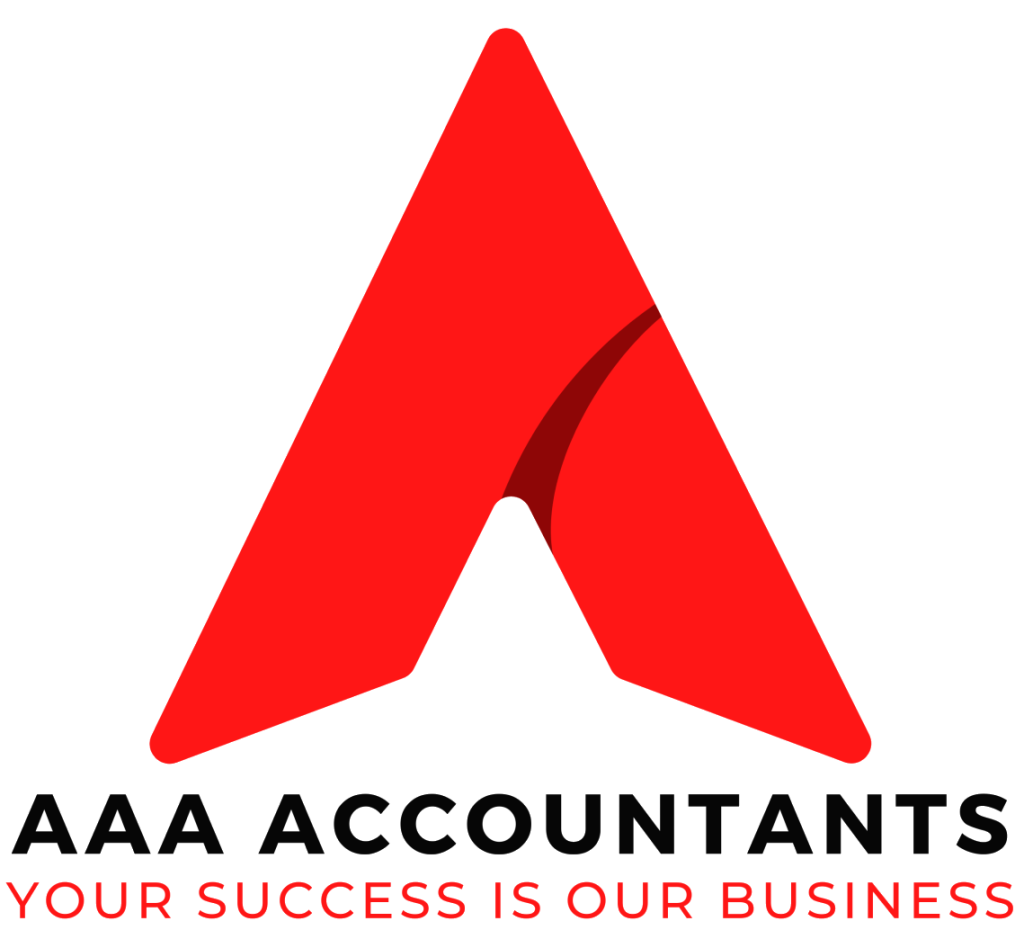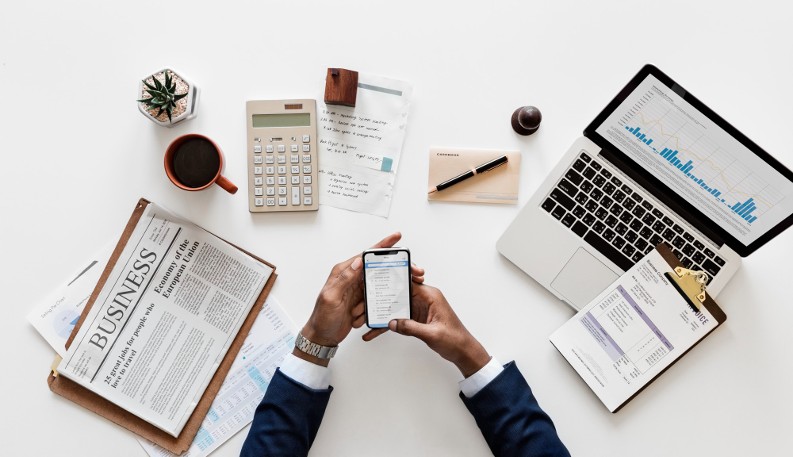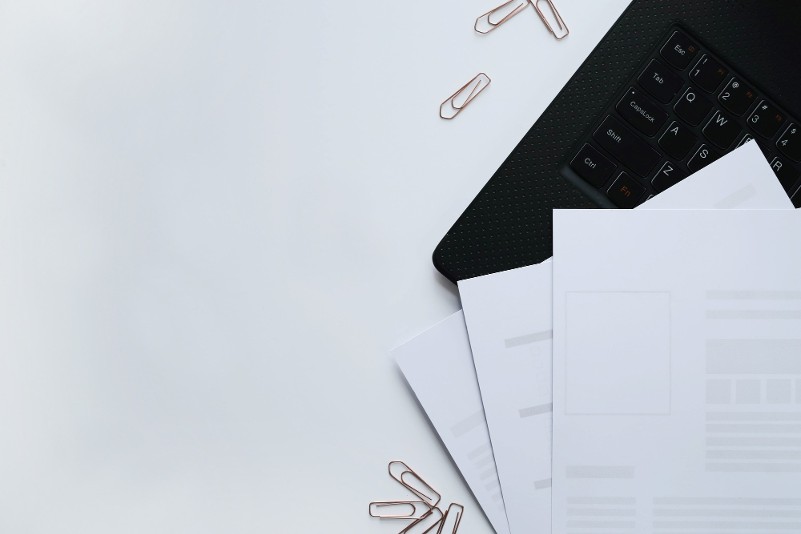The self-assessment tax return report must be completed in order to obtain tax advantages under sections 80c, 80d, and other qualifying provisions. However, many taxpayers unknowingly pay much too much in taxes. Whether you were working abroad, received unjust compensation, or did not operate for the entire year, you will likely be subject to taxation.
For more than 25 years, AAA Accountants has assisted customers with their self-assessment tax returns. We recognise that your business-related activities may keep you busy, and determining how much tax you owe would be a time-consuming chore on top of everything else.
We will assist you in resolving your financial issues and freeing you of these burdens.
We have offered tax assistance to clients for more than ten years. We have already learned a lot. Our tax accountants are experts in self-assessment tax returns.
We collaborate with you to provide for your needs. We love you and will never abandon you in difficult times. Your annual tax return will be filed as easily as possible by our knowledgeable self-assessment tax return accountants, who will also make sure you obtain any tax credits that can be paid with tax expenditures.




